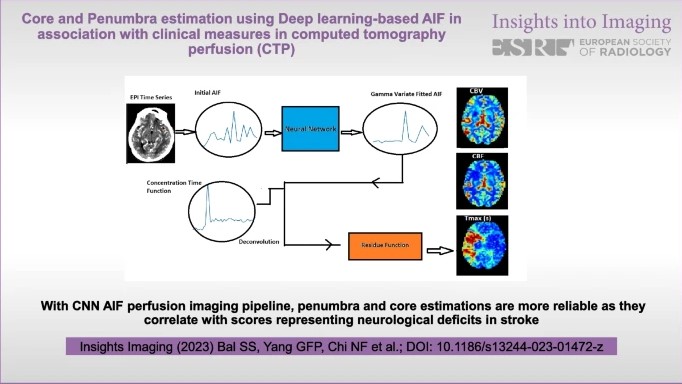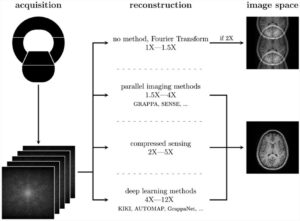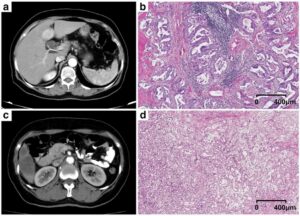In this study, the utilization of a convolutional neural network (CNN)-based arterial input function (AIF) and whether it improves the volumetric estimation of core penumbra was investigated. The authors included 160 acute ischemic stroke patients for this study, who underwent CTP imaging, National Institutes of Health Stroke Scale (NIHSS), and Alberta Stroke Programme Early CT Score (APSECTS) grading. They were able to conclude that CNN-based AIF improved the estimation of penumbra and infarct core volumes.
Key points
- CNN-based AIF improves the estimation of penumbra and infarct core volumes.
- CNN AIF identifies patients with core regions which were ignored by conventional approaches.
- Core and penumbra assessment with CNN AIF correlates well with clinical scores.
Authors: Sukhdeep Singh Bal, Fan-pei Gloria Yang, Nai-Fang Chi, Jiu Haw Yin, Tao-Jung Wang, Giia Sheun Peng, Ke Chen, Ching-Chi Hsu & Chang-I Chen













